Displaying a co-operative name
The co-operative's name must appear on its common seal, publications and business documents.
You must also display a notice at the co-operative's registered office:
- stating the co-operative's name
- identifying the registered office.
Annual General Meeting
The co-operative must hold its first annual general meeting (AGM) within 18 months of registration.
Future AGM's must be held within 5 months of the end of the co-operative's financial year (which is specified in its rules). The co-operative can also hold the AGM at a different time as approved by the Registrar.
Directors must present reports containing financial statements to members at the AGM.
Keeping records/registers
Directors must keep registers of:
- members, directors and shares
- loans to, securities given by, debentures issued by and deposits received by the co-operative
- names of people who have given loans or deposits to the co-operative
- names of people who hold securities or debentures given or issued by the co-operative
- loans made or guaranteed by the co-operative, and any securities taken
- memberships cancelled under Division 4 of the Co-operatives National Law
- fixed assets
- subordinated debt.
It is an offence to falsify accounts, accounting records, prescribed documents or registers.
The co-operative must also keep written financial records that:
- correctly record and explain its financial transactions, financial position and performance
- would enable the preparation and auditing of true and fair financial statements.
These records must be kept for 7 years after the transactions are completed. The financial records may be kept in any language. However an English translations must also be available.
Determining reporting requirements
Different reporting requirements apply for small and large co-operatives.
A co-operative is small in a financial year where two of the following criteria are satisfied:
- the co-operative, and any entity it controls (if any), has the consolidated revenue of less than $8 million for the financial year
- the co-operative, and any entity it controls (if any), has consolidated gross assets of less than $4 million at the end of the financial year
- the co-operative, and any entities it controls (if any), has fewer than 30 employees at the end of the financial year.
The co-operative will not be a small co-operative for a financial year if during that financial year it has:
- issued shares to more than 20 prospective members and the amount raised by the issue of those shares exceeds $2 million
- securities on issue to non-members during that year (other than securities issued to former members on the cancellation of their membership).
The Co-operatives National Regulations sets out the manner in which the number of employees, consolidated revenue and consolidated gross assets are to be calculated. This is for the purposes of determining if a co-operative is a small co-operative.
The Registrar may declare a co-operative to be a small co-operative for a particular financial year. This is only in limited circumstances.
All other co-operatives are large Co-operatives.
This page has been produced and published by the Consumer Building and Occupational Services Division of the Department of Justice. Although every care has been taken in production, no responsibility is accepted for the accuracy, completeness, or relevance to the user's purpose of the information. Those using it for whatever purpose are advised to verify it with the relevant government department, local government body or other source and to obtain any appropriate professional advice. The Crown, its officers, employees and agents do not accept liability however arising, including liability for negligence, for any loss resulting from the use of or reliance upon the information and/or reliance on its availability at any time.

